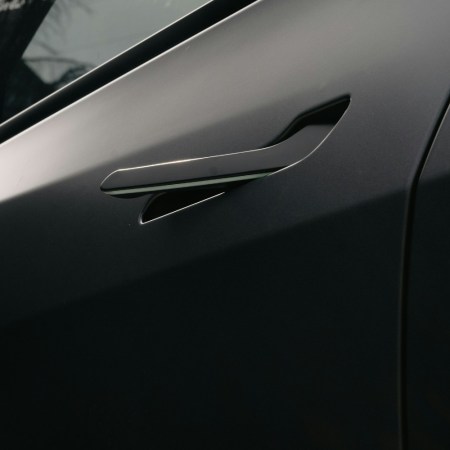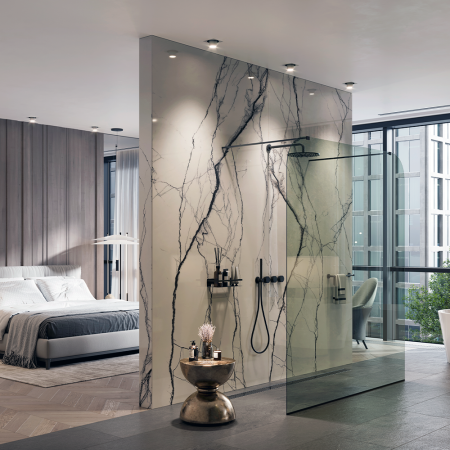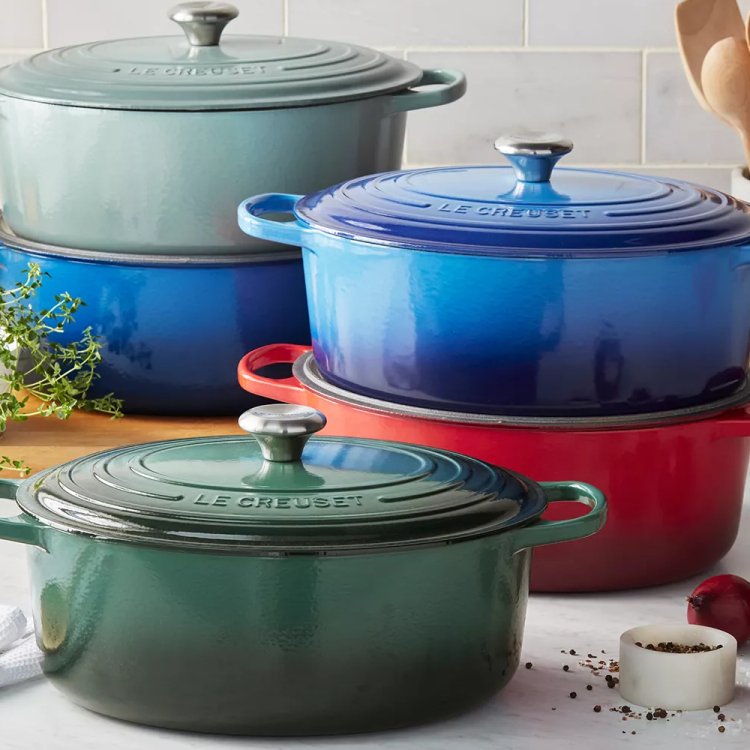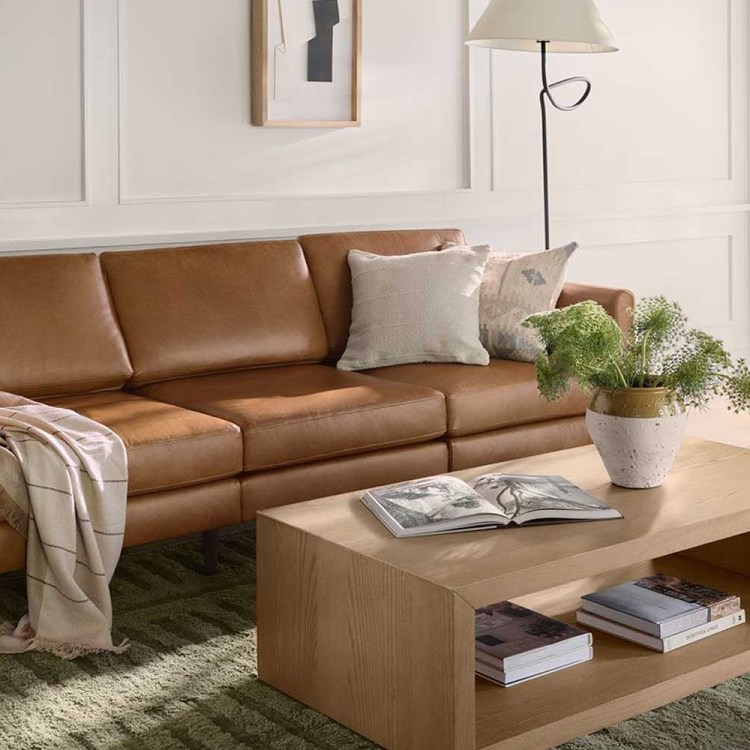While your real-estate broker would probably have a conniption fit if you told them you were getting a hell of deal on your next house from a man called “Professor Dumpster,” it may actually be a good buy.
Because Professor Dumpster, aka Jeff Wilson, aka the founder of Kasita, lived in a dumpster for an entire year while preaching the gospel of tiny homes. It sounds like some kind of extreme Marie Kondo fever dream, but it worked: it was in a dumpster that Wilson developed his idea for a stackable, mobile and easy-to-build prefabricated tiny home. The website claims they have “reinvented the home for the way you actually live.”
At 352-square feet, it’s a complete compact package that can be set up anywhere. Thanks to the prefab components, construction time is closer to two weeks rather than the year-plus (conservatively) that conventional homes can take to complete. Integrated with smart lights, speakers, thermostat and more home tech, the Kasita takes care of as many little details as possible. In an unusually helpful move, they’ll even take care of inspections and some permitting after you have your site and payment secured (your local rules and permits still apply).
The end game of all this customer service, according to the company? Providing you with “a lighter way to live to focus on the things that matter in your life” in “an exceptional small home that contains everything you need and nothing you don’t.”
But before you press “Buy,” pump the brakes for one moment.
As freeing as it can be to own few possessions, the fine print of tiny living — from someone who lives relatively minimal in a New York apartment — can be long. These don’t look much smaller than my modest two-bedroom and here’s what I’ve learned: it would challenging to comfortably have a family in this space. A significant other would be OK … though it could prove hard to fully explore your passions if your partner’s interests take up as much space as your own. Also, you have to be selective with what you own and buy the small versions of things. The latter is not entirely bad, but can be an inconvenience if you like to shop in bulk or have every tool you might ever need on hand.
But what is all this proof of? That the tiny home is evolving. While Kasita may be not be quite the “One Size Fits All” godsend it’s billing itself as, it could be a viable solution to housing problems in hard-hit cities.
Interested parties can secure a spot on the Kasita preorder waitlist for $1,000, and orders are expected to enter production at the end of the year.
This article appeared in an InsideHook newsletter. Sign up for free to get more on travel, wellness, style, drinking, and culture.
























